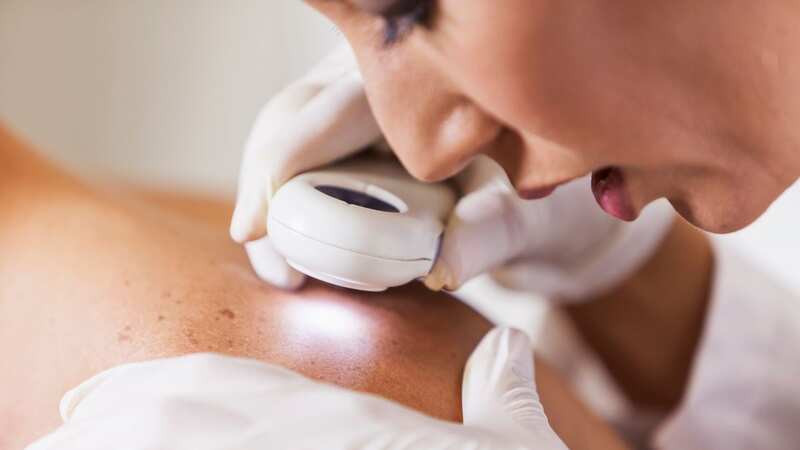

The skin on your hands and feet could tell you whether you have diabetes.
The most common type of diabetes in the UK is type 2, in which the body does not produce enough insulin, and according to the NHS people can live with the condition for "years without realising" because "the early symptoms tend to be general, or there are no symptoms at all". But according to one dermatologist, there is a subtle sign that can show up on your skin which could indicate you have high blood sugar - and therefore could have diabetes.
Doctor Jeremy Brauer, a dermatology surgeon based in New York, told HuffPost that "a person's skin texture is a telltale sign of good or bad skin health", and there's one sign he often notices in people's hands and feet that can be a clear sign that there's a bigger problem going on with their blood sugar levels.
Thickened or swollen skin may be a sign of diabetes, as health experts state this condition is called digital sclerosis and is caused by high blood pressure. The experts also shared: "This usually appears on the fingers, hands and feet, and it's also common for these areas to have reduced pain and sensation."
Meanwhile, we previously reported that another symptom of type 2 diabetes could be mistaken for a sexually transmitted disease (STD). One of the most unusual symptoms people can face is "itchy genitals", which can impact both men and women when it comes to diabetes. If you're sexually active, you might think this itch is down to an STD, but if you've been tested and can rule that out, then it could be a sign that you have diabetes.
 Teachers, civil servants and train drivers walk out in biggest strike in decade
Teachers, civil servants and train drivers walk out in biggest strike in decade
Diabetes.co.uk claims that genital itching can be a sign of diabetes because of the increased blood glucose levels in those with the condition. The high blood sugar creates ideal conditions for yeast to grow, raising the chances of getting a yeast infection in your genital area. The site states: "Diabetes can also cause a higher glucose content in the urine – another extremely suitable place for yeast to thrive."
According to the NHS, other symptoms of type 2 diabetes include:
- peeing more than usual
- feeling thirsty all the time
- feeling very tired
- losing weight without trying to
- cuts or wounds taking longer to heal
- blurred vision
If you have any of the symptoms of type 2 diabetes, or you're worried you have a higher risk of getting type 2 diabetes, you should see a GP. The earlier diabetes is diagnosed and treatment started, the better, as early treatment reduces your risk of other health problems.